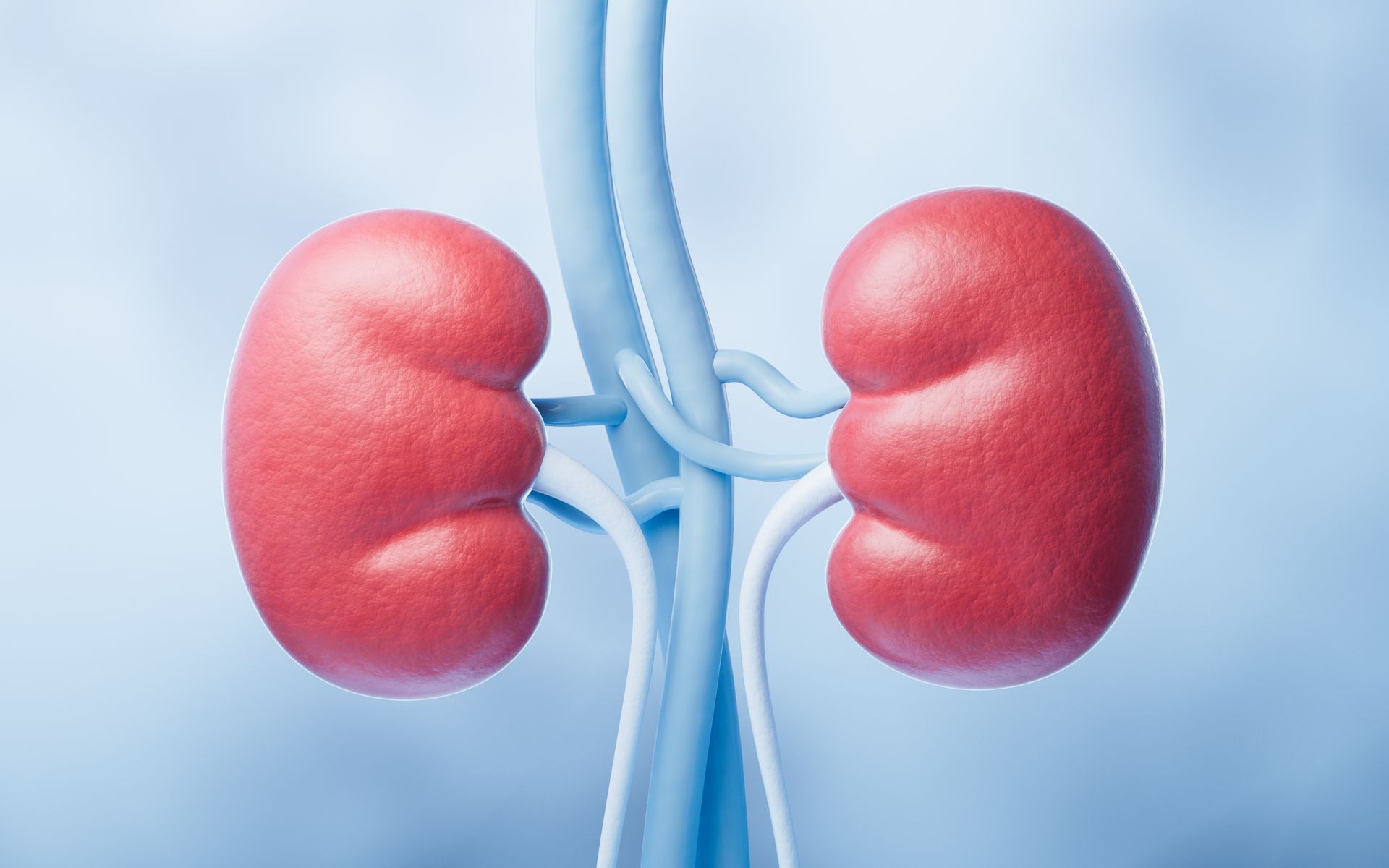Semaglutide and constipation: the straight facts
Ready to start your weight loss journey? Download the free SemaPen app and find out if you're eligible in minutes.
Are you experiencing constipation on Wegovy (semaglutide)? Learn why it happens and how to manage it.
Wegovy is a highly effective weight loss medication with the active ingredient semaglutide. On average, people who undergo a full course of Wegovy treatment lose 15% of their starting body weight.
For people living with obesity, it can be a game-changer. However, like any medication, it comes with the risk of side effects.
Most Wegovy side effects are mild and get better with time. Some of the most common are nausea, vomiting, diarrhoea and – for around 24% of users – constipation.
The good news is that the constipation usually doesn't stick for long. But that doesn't change the fact it can be uncomfortable and annoying for those who experience it.
In this quick guide, we look at why semaglutide can sometimes cause constipation. We also share some sensible steps you can take to manage the symptoms of constipation or avoid it entirely.
Why can semaglutide cause constipation?
Semaglutide, the active ingredient in Wegovy, is a GLP-1 receptor agonist. It mimics a natural hormone that's involved in digestion.
One of its effects is slowing stomach emptying, so you feel full for longer. Losing weight becomes easier because you have a smaller appetite, feel satisfied with smaller portions and experience fewer food cravings.
This slowing down of the digestive process is probably why some users experience constipation.
See, food doesn't pass through the colon on its own. It moves because of a natural process called 'peristalsis' – waves of muscle contractions that flow through the gut.
When you take Wegovy, these muscle contractions aren't as strong. That means food moves more slowly and can build up in the colon.
As food sits in the colon, water is absorbed from it. If the food sticks around too long, it becomes dry, hard stool that's difficult to pass – one of the classic symptoms of constipation.
Constipation can also be accompanied by bloating and abdominal discomfort.
Tips for avoiding and managing constipation with Wegovy
1. Increase your dietary fibre
Eating a healthy amount of fibre is important for a number of reasons. Not only can it reduce the risk of several dangerous health conditions, but it also helps us maintain a regular toilet routine.

The NHS recommends that adults eat 30g of fibre daily.
There are two types of dietary fibre. If you have constipation on semaglutide, you should try to eat plenty of each.
- Insoluble fibre adds bulk to stool and stimulates movement through the intestinal tract. Sources include vegetables, wheat bran, nuts, seeds and dried fruits.
- Soluble fibre dissolves into a gel, which coats and softens stool. Good sources are oats, avocados, flaxseeds, beans, apples and pears.
The perfect combo would be a healthy oat granola bar with nuts, seeds and dried fruits. You could also try sprinkling a tablespoon of flaxseeds (linseeds) over your breakfast cereal or into yoghurt with chopped fruit.
It's important to increase fibre intake gradually. This allows your digestive system to process it effectively. If you eat too much fibre too quickly, you could make constipation worse.
2. Increase your water intake.
This goes hand-in-hand with increasing soluble fibre. Drinking fluids softens stool and helps it pass through the digestive tract. The NHS recommends drinking six to eight glasses of water a day.
3. Increase your activity
Regular exercise has numerous benefits to mental and physical health – including helping with constipation. Just 10 minutes of brisk walking each day will help stimulate the bowel wall to move stools along to the rectum.
What to do if things don't improve
For most Wegovy patients, constipation can be successfully managed. However, if the constipation does not improve with these measures, you should speak to your GP or healthcare provider.
The NHS guidelines recommend you see your healthcare provider if you:
- Are regularly constipated
- Are regularly bloated
- Have blood in your poo
- Have lost weight without trying
- Are constipated and tired all the time
- Are taking medicine that's causing constipation
- Notice sudden changes in the how you poo (your bowel habits)
- Have tummy pain
SemaPen is a weight loss clinic founded and staffed by obesity treatment experts. For more advice on managing side effects, read our expert guides or visit our blog.
Sources
1. Wilding, J.P.H. et al. (2021) "Once-weekly semaglutide in adults with overweight or obesity" The New England Journal of Medicine, 384(11) https://doi.org/10.1056/NEJMoa2032183
2. https://www.novomedlink.com/obesity/products/treatments/wegovy/efficacy-safety/safety-profile.html
3. Marathe, C.S. et al. (2011) "Effects of GLP-1 and Incretin-Based Therapies on Gastrointestinal Motor Function" Journal of Diabetes Research, 2011:279530 https://doi.org/10.1155/2011/279530
This article was reviewed and approved by Alice Fletcher, Lead Bariatric Dietician, and Lujain Alhassan, Bariatric Nutritionist, on 20 May 2025.
- Average 15–21% weight loss
- Trusted programmes built by UK experts
- Personalised advice and support
- Smart weight loss app to track progress and learn positive habits
Your journey starts in the app
Unlock tailored support, weight tracking and more.
1
Download the free app
2
Take your digital consultation
3
Start your programme













